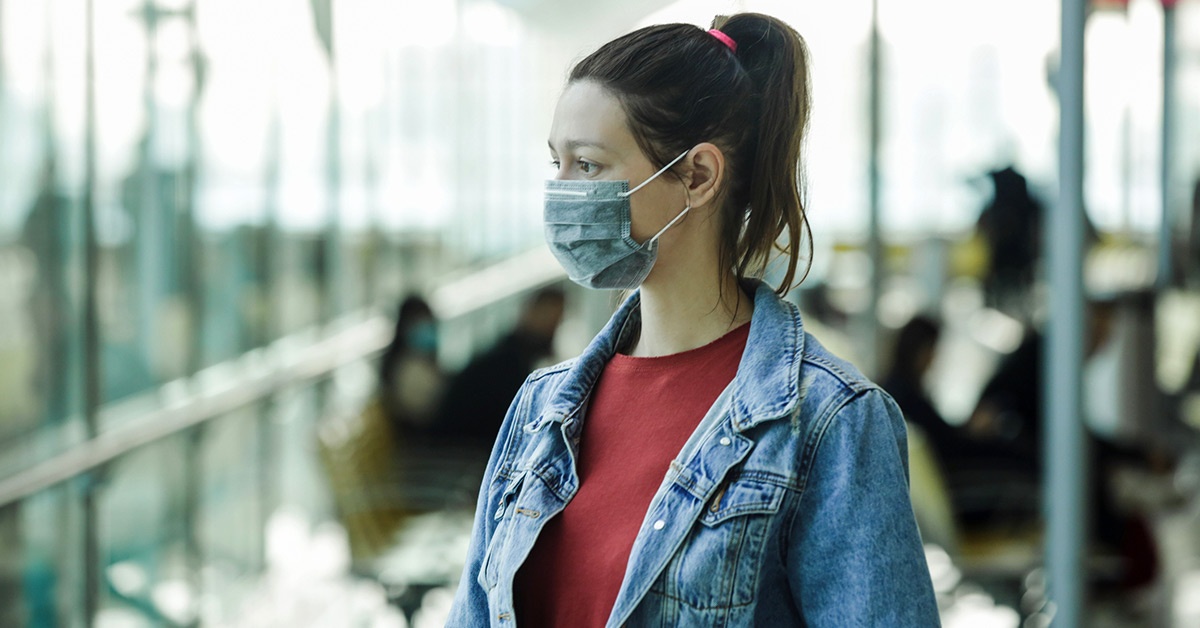Food insecurity exists when people lack dependable access to enough food for healthy living and is a widespread problem in the U.S., likely made worse by the COVID-19 pandemic. School of Public Health researchers recently completed one of the first U.S. studies to examine how food insecurity and related factors are affecting emerging adults (i.e., 18- to 26-year-olds) during the pandemic to help inform the development of responsive policies and services.
The study was led by Nicole Larson, a nutritional epidemiologist and registered dietitian, and recently published in the journal Public Health Nutrition.
Researchers analyzed survey data collected from young adults who have been taking part in the Project EAT (Eating and Activity over Time) 2010-2018 study, an ongoing population-based investigation of weight-related health behaviors and associated factors among young people who were attending secondary school in Minneapolis-St. Paul, Minnesota, in 2009-2010. Project EAT researchers surveyed the participants again in April-May of 2020.
The researchers compared both sets of survey data and found:
- When Project EAT study participants were surveyed in spring 2020, approximately 12% of emerging adults reported experiencing markers of very low food security in the past 30 days. In comparison, the national prevalence of very low food security in December 2019 was approximately 2% when adults were asked to similarly reflect on their eating in the past month as part of the Food Security Supplement to the Current Population Survey.
- Emerging adults who were food insecure at any time in the past year (April 2019-April 2020) had poorer access to healthy foods, such as fruits and vegetables at home; more frequent fast-food restaurant meals; and more experiences of discrimination (e.g., being treated with less respect or courtesy than other people); and feeling unsafe during the initial months of the COVID-19 outbreak when compared to emerging adults who were food secure.
- While the influence of COVID-19 on eating behavior resulted in some health promoting changes (e.g., preparing more food at home), most of the changes described by food insecure emerging adults are likely to have negative health consequences (e.g., eating fewer meals and less fresh food).
- Food insecure emerging adults identified new needs, such as support for food delivery costs, improved stocking of food in retail stores, and increased food assistance benefits.
Larson says the study supports the need to expand food assistance benefits for emerging adults; monitor and address challenges with access to adequate benefits through federal programs; reduce barriers to the safe purchasing of healthy foods; and improve access to culturally acceptable food options for all community members in need. For example, health professionals can be supportive of emerging adults by educating them about programs like the SNAP Online Purchasing Pilot.
“As structural racism has resulted in a disproportionate burden of COVID-19 for U.S. residents who are Black, Indigenous, and People of Color, our study investigated and identified a need for additional research to address the co-occurrence of food insecurity with neighborhood safety concerns and exposure to interpersonal forms of discrimination that may further limit access to healthy food,” says Larson.
Larson added that the findings further emphasize the need for health professionals to take an active role in addressing racism and neighborhood safety given the strong relationships between these public health problems and food insecurity.
The researchers say it will be important to conduct follow-up studies to evaluate how the needs of emerging adults may change as communities continue to cope with COVID-19 and to identify what challenges have been encountered after stay-at-home orders in Minnesota were lifted. Additionally, the results suggest a need to more comprehensively examine how experiences of discrimination and racism influence shopping habits and the ability of young people to obtain healthy food.

